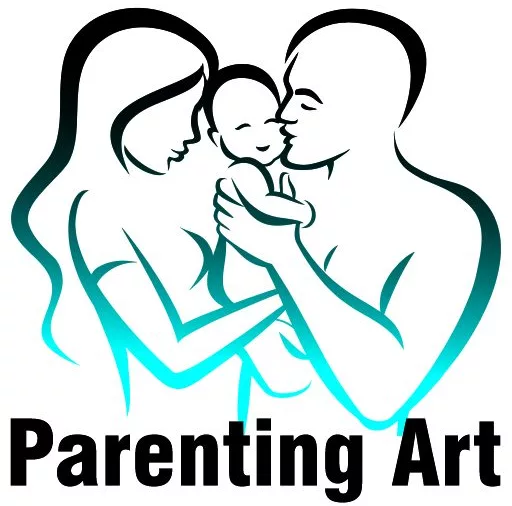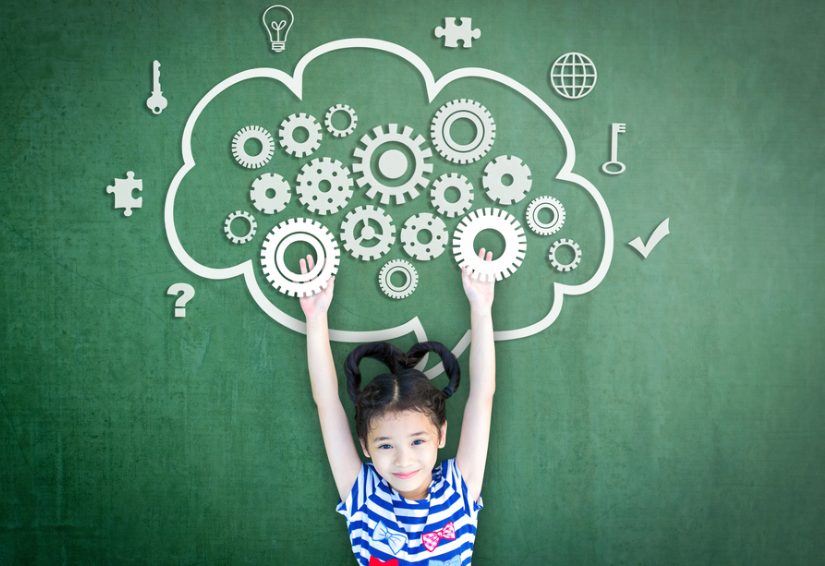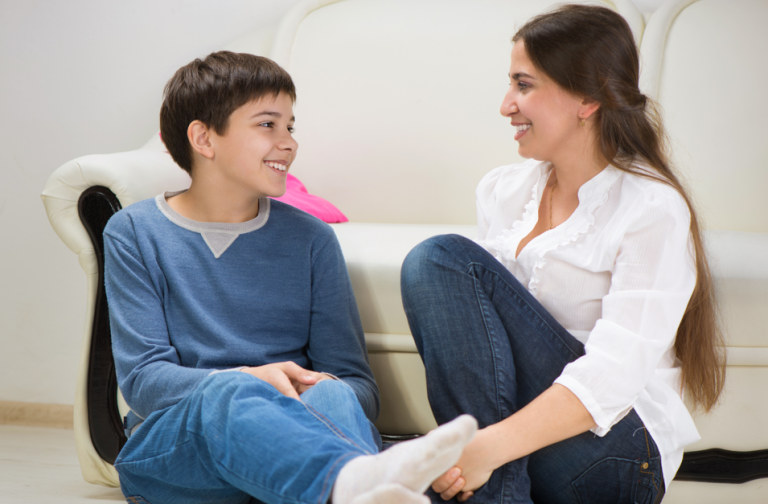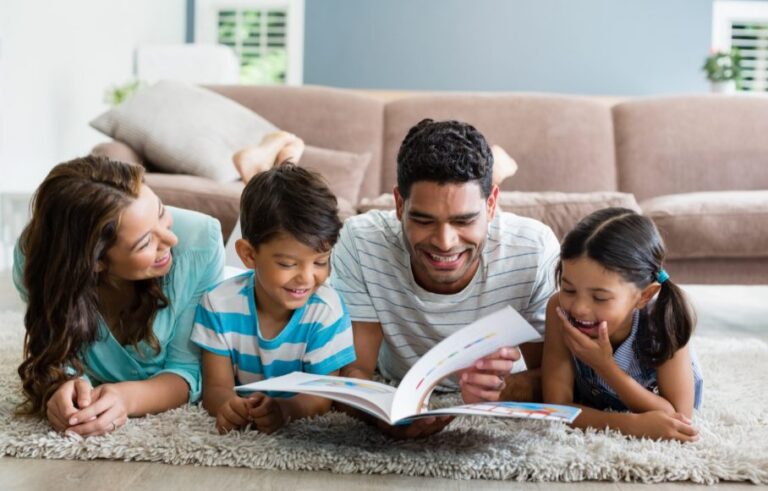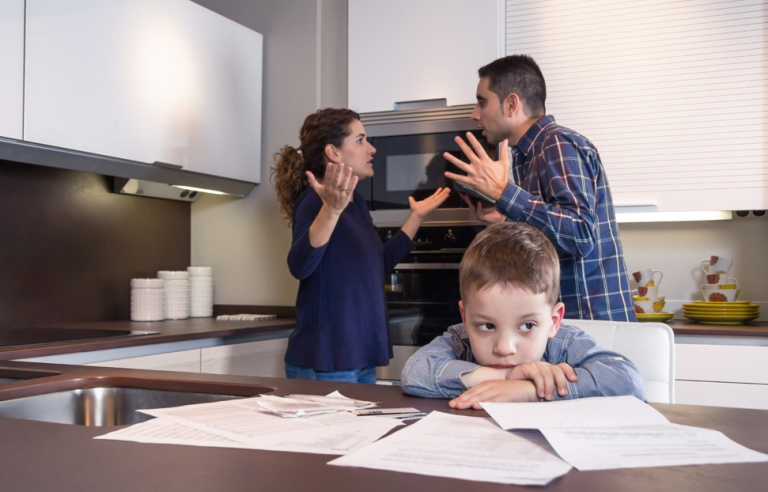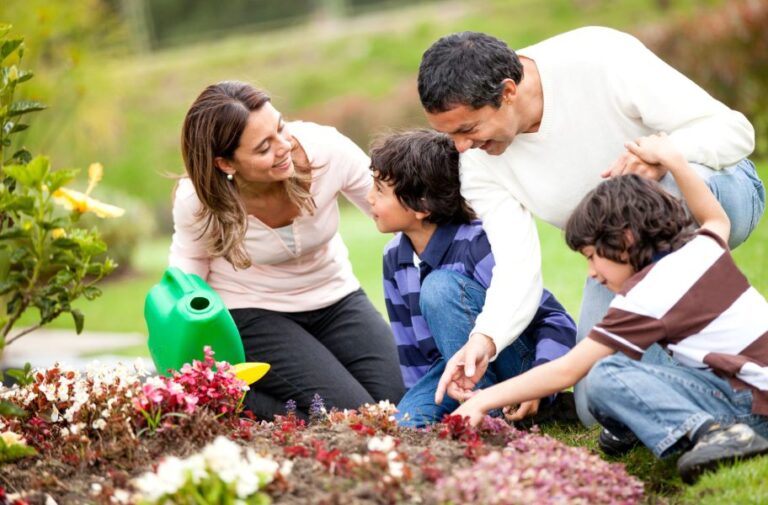Development of Emotional Regulation in your Child
As the world is progressing scientifically and technologically, the modern man of the 21st century is losing control of her emotions. This lack of self-control and emotional regulation is leading elders and youngsters in a blind alley which is an alarming sign for the stability, happiness and long term success of humanity. Development of Emotional Regulation in your Child.
You might have observed that the rate of committing suicides is increasing in children and adults in spite of having material things in excess. It means that just IQ (intelligence quotient) and worldly success have remained unsuccessful in bestowing mental peace, solace, satisfaction and happiness which are the real goals to live a beautiful life.
You, as a parent, can transmit all these above mentioned blessings in your child by understanding the basic philosophy of emotional intelligence and emotional regulation. This very idea of emotional regulation is rapidly increasing in this challenging society because parents and children, both are mostly unhappy because of their uncontrolled emotions and lacking the quality of emotional regulation.
First of all, let us understand emotional intelligence briefly and later on, we will discuss the development of emotional regulation in detail.
Emotional intelligence is to know your own emotions and of those, with whom you live, work and spend your time, means all the people spending life with you. The most important factor is to know, understand and gauge your own emotions and then to utilize those emotions for success and motivation by being optimist.
Along with this, the people with whom you live are also very important for your happiness, success and motivation as you are a social being. It is also an open secret that people living with you have their own emotions, and they also need emotional regulation to stay happy. So, being an emotional creature, you should understand the feelings and emotions of other people and help them in their emotional regulation.
The main point in emotional intelligence is that every person’s emotions are worth respecting and should not be considered inferior if you want to build a relationship with them. So, emotional intelligence and emotional regulation are very important in building and maintaining relationships.
Now, let us understand the strategies to understand the development of emotional regulation in your child because today’s child is the future of humanity.
Strategies to develop emotional regulation
Following strategies are very helpful to develop emotional regulation in your child.
Parent as a role model of emotional regulation
The most important factor playing a very important role in effective parenting is the model presented by you to your child. Fix this factor in mind that your demonstration of reactive attitude will make your child reactive also. In the same way, if your attitude is proactive, your child will also be proactive which means that she will manage the things before the time, not on the time.
It is a research based proven fact that your child’s observation power is more powerful as compared to you as your child’s mind is not distracted like many people of this time have lost the power of mindfulness and focus.
Work on your unseen feelings and thoughts because these things are sensed by your child, e.g. if you are angry and try to hide it, but, your voice gets louder, showing that you are furious. So, try to work on your inner self by using emotional intelligence techniques and following an attitude of gratitude.
Influence of peers (Development of Emotional Regulation in your Child)
When your child is a teenager, she starts spending some more time with friends who influence her emotions- either in a positive or negative way. Need of the hour is to be an eagle eyed parent who knows what is going on in her child’s life, because negligence, sometimes, gives irreparable loss.
On the other hand, the role of peers can be very effective as your child learns emotional regulation by spending friendly time with friends.
Authoritative parenting style and emotional regulation
Of the four types of parenting styles, the best one is authoritative parenting style because of having a balance between having expectations and managing responsibilities. So, for the emotional regulation of your kid, do struggle to know about the qualities of authoritative parenting style. I have written a detailed article on the four types of parenting styles which can give you considerable input.
Handling of kids’ negative emotions
Sweeping under the rug philosophy is fantastic to handle kids’ negative emotions because sometimes, ignoring some mistake or negative emotions lose their effect and children come out of this negative emotion. As a parent, accept that children are the combination of positive and negative emotions.
So, it is natural to have negative emotions; just manage such negative emotions in a skillful way, not highlighting so much negativity in your child.
Appreciation of a positive attitude and work is also effective to mitigate negative emotions.
Developing a positive emotional environment
Developing a strong, healthy and positive emotional environment in the family is your foremost responsibility as a parent. Such an emotional environment helps in fostering emotional regulation in your child. In this type of environment, love flows in the whole family establishing the strong foundations of emotional regulation.
Teenagers and emotional regulation
When your kid enters teenage, her emotional quotient is at the peak. To balance that higher level of emotional regulation, some activities like swimming, listening to music, and mindfulness are very effective. As a parent, you ought to spare some special quality to manage playing some games, outdoor activities and enjoying trips.
I, personally, have observed that these activities help your child in emotional regulation and lead her to a very beautiful and harmonious life.
I hope you enjoy a happy and successful parenting.
